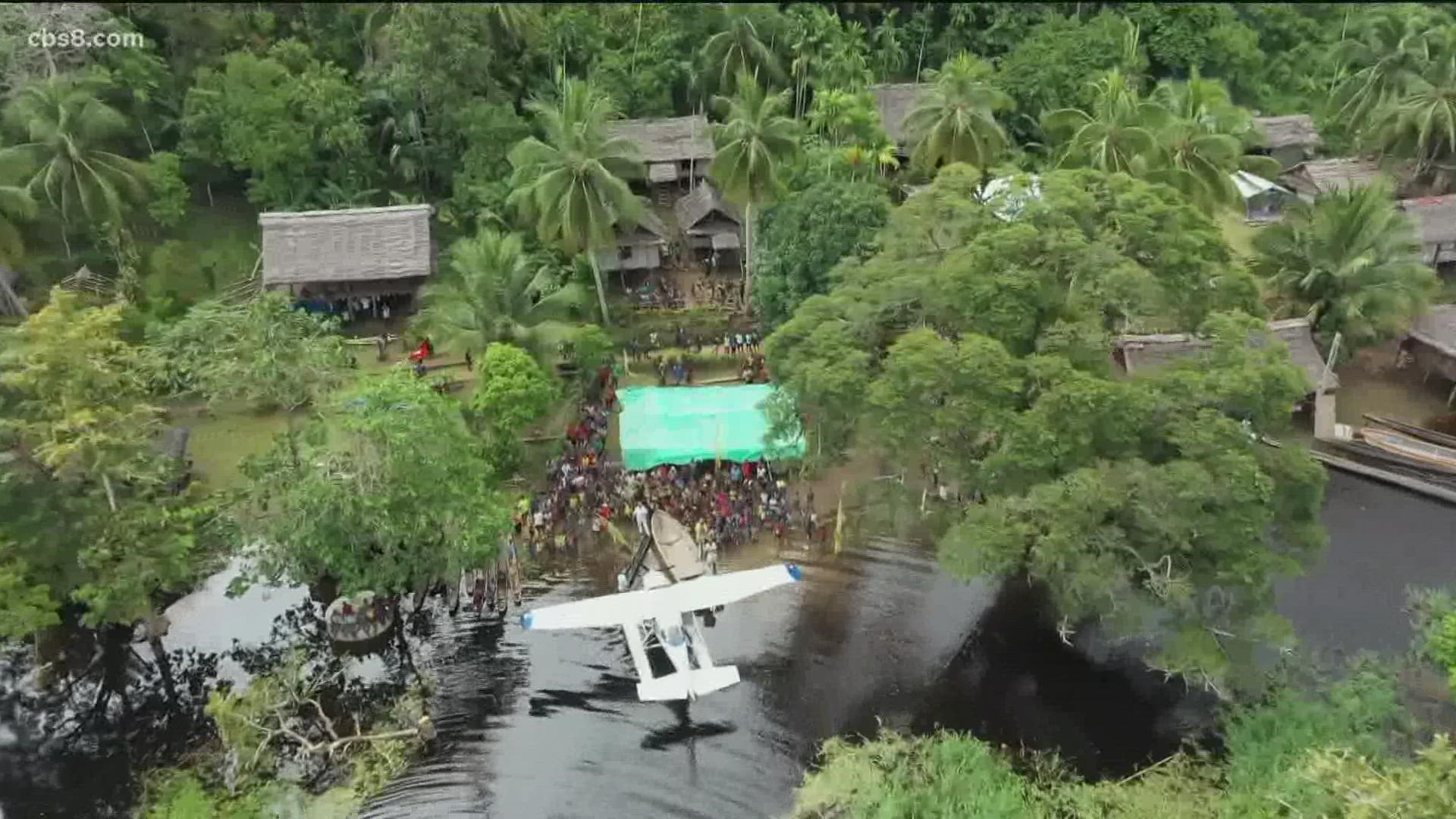CARLSBAD, Calif. — Sometimes giving means helping the person next door, but sometimes that person in need lives 7,000 miles away. In this Zevely Zone, I went to Carlsbad to meet a special pilot at Palomar Airport.
When most people hear the words 'Love thy Neighbor' they don't hop in their plane and fly halfway across the world. In 2000, San Diego resident Mark Palm created Samaritan Aviation to help provide emergency medical evacuations, medical supply deliveries, medical outreaches and disaster relief to people living in remote villages in Papua New Guinea.

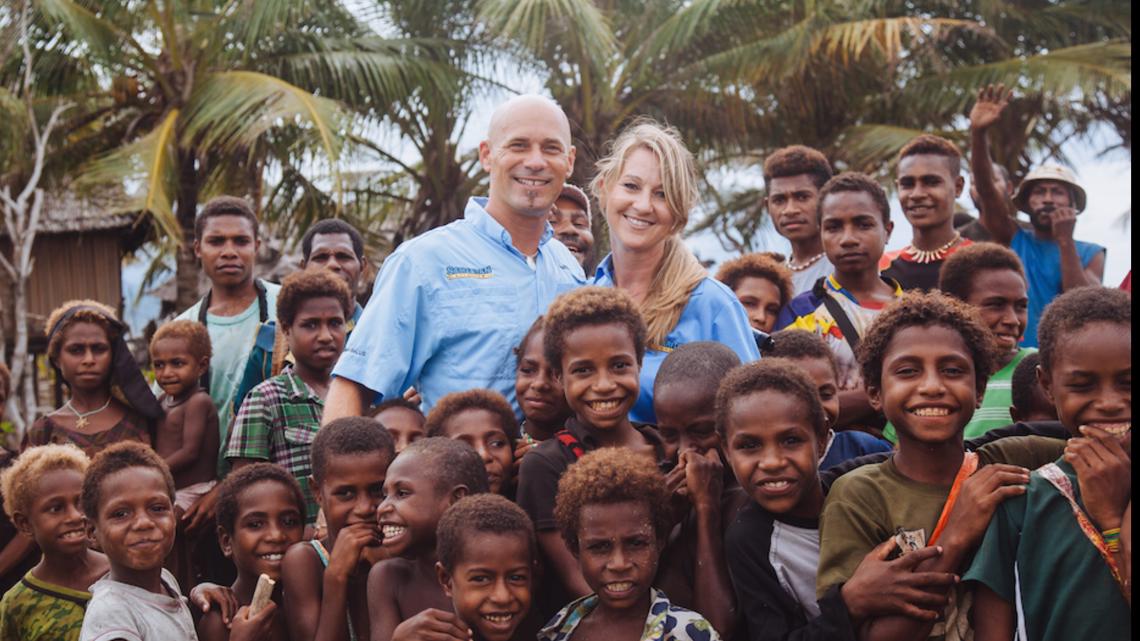
Mark's grandfather was a World War II pilot. His father was a minister. So, at the age of 16, Mark Palm says he wasn't surprised when God spoke to him. "Yeah, it was real, it was as real as you and I talking. What I heard was I want you to use your passion to share my love in a remote part of the world," said Mark.
For him that meant combining his passion for planes and people on an island off the coast of Australia. "Yeah, Papua New Guinea. It's a long way away. Most people in America don't even know where it is," said Mark.

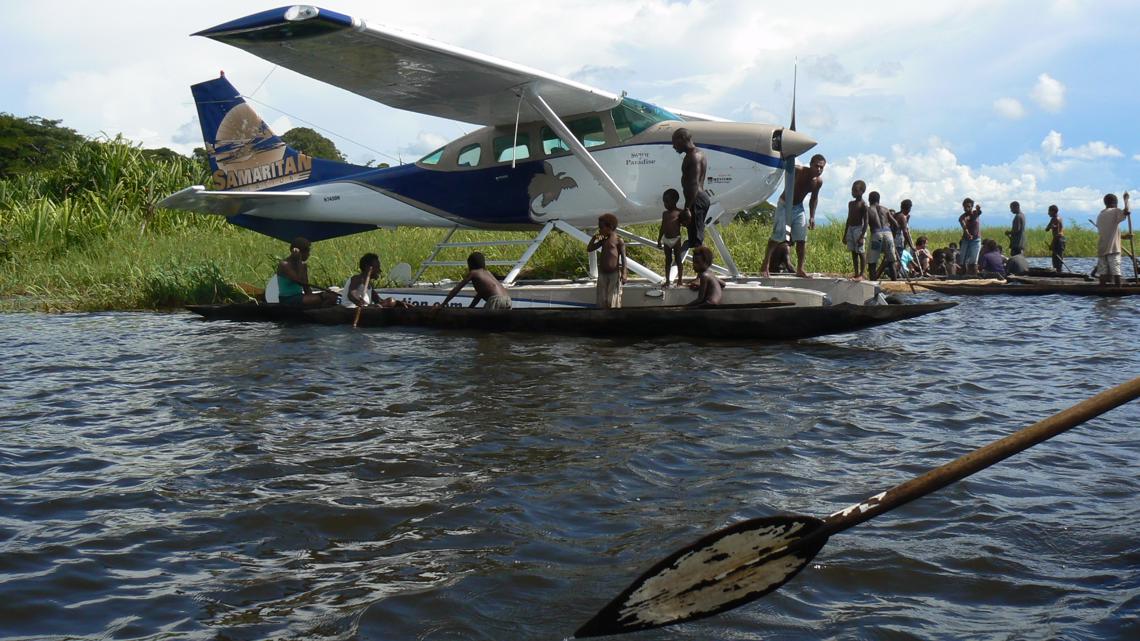
In the United States, you can find a hospital in most every city, but in Papua New Guinea help can be a four-day canoe ride away. "We kept hearing stories about mothers in labor trying to get to the hospital dying along the way or babies that were sick trying to get to that one hospital dying," said Mark.
He and his wife Kirsten were so committed to the cause they moved to the island with their three children and started a non-profit organization called Samaritan Aviation. "We get these calls from remote villages. Sometimes they need to run 30 minutes and climb a coconut tree, other times they have to climb a mountain," said Mark.
Without Mark’s planes, villagers who are suffering from snake bites, heart attacks, pregnancy complications and other medical emergencies would have to travel days by canoe to reach the only hospital in the area.

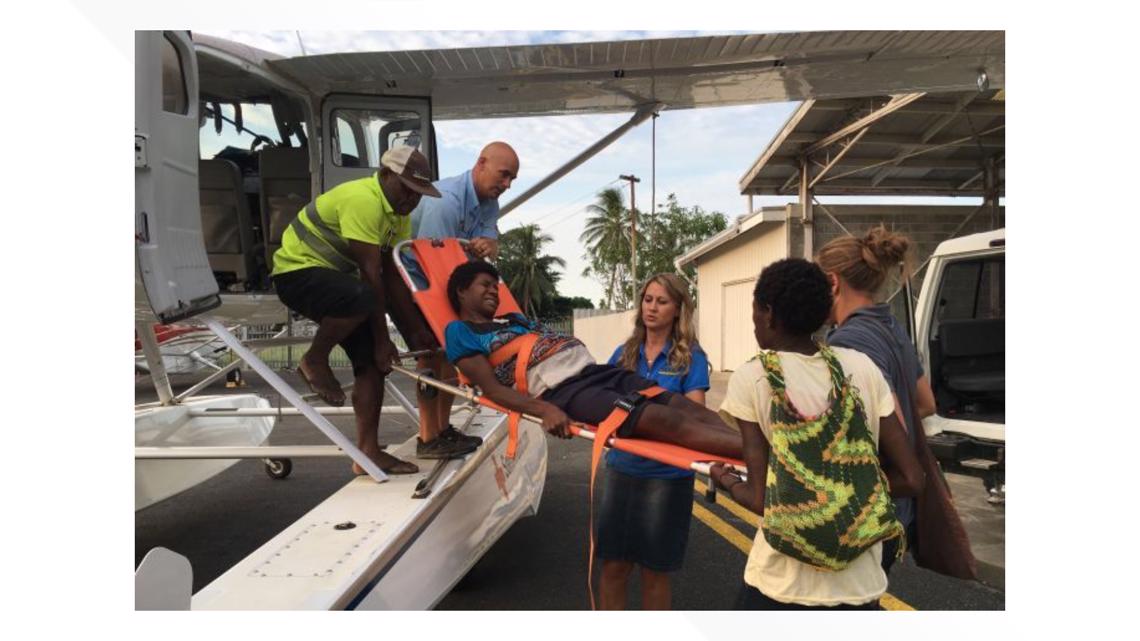
Mark told us one story about a mother who was in labor for three days with a baby thought to have been stillborn. "I remember fighting the bad weather and landing in this little village," said Mark. He flew the mother to the nearest to hospital to save her life but ended up saving two. "I came in the next day to the hospital, and she had a baby that was alive. She survived, the baby survived two pounds eight ounces. It was amazing they called the baby Samaritan after Samaritan Aviation," said Mark. "Baby Sam is now five years old and getting ready to start school."

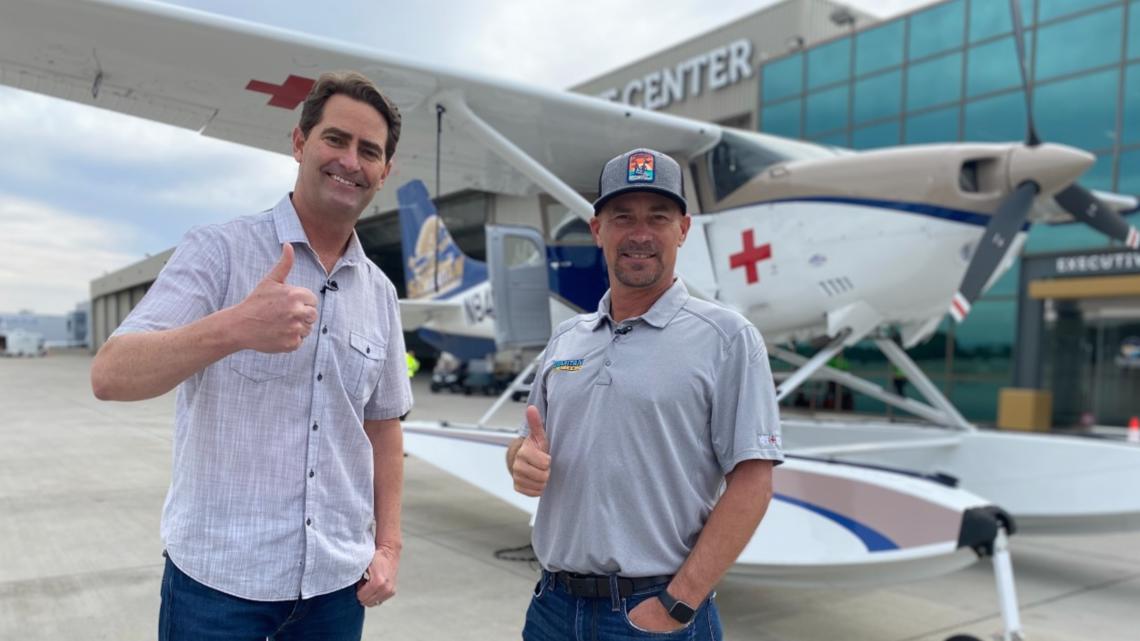
Mark hopes we're all called to help our neighbors, wherever that may be. "For me it's Papua New Guinea for other people it could be someone here in San Diego it could be the neighbor down the street," said Mark.
Samaritan Aviation is celebrating twenty years of service and thousands of lives saved. God spoke to the right person. "To me the journey and what life is all about is about finding what you are here for. I believe we all have a purpose here on earth and for me this is my purpose," said Mark.
Samaritan Aviation's floatplanes are essential to their mission. Their floatplanes can cut a week-long trip down the river by canoe into a one-hour flight, bringing a dying person in desperate need of medical care to the only hospital in the region. When Mark is in the United States, he parks his aircraft at the Carlsbad Jet Center. The big hearted facility lets Mark store his aircraft there free of charge.
In Papua New Guinea, Mark's staff is on call seven days a week. Their flights are always free of charge. If you'd like more information about Samaritan Aviation or would like to make a donation, click here.
Watch more Zevely Zone's below:

